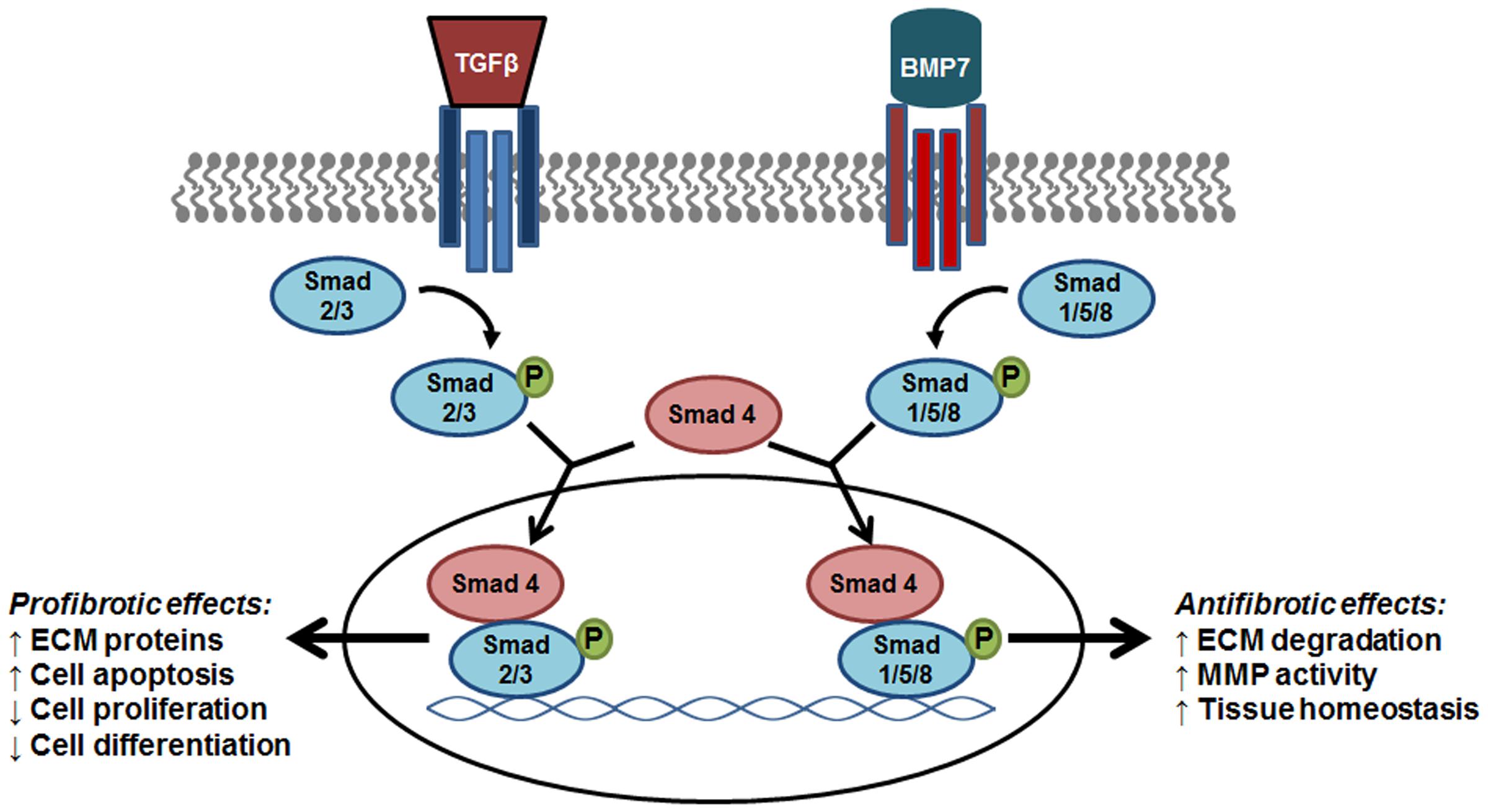Introduction:
Alcohol detachment is a condition which occurs when people abruptly stop or significantly reduce their alcoholic beverages intake after prolonged durations of heavy-drinking. It is a complex and possibly deadly condition that impacts millions of people worldwide. This report is designed to supply a thorough breakdown of liquor withdrawal, including its symptoms, treatments, and administration methods.
Outward indications of Alcohol Withdrawal:
The onset and extent of liquor withdrawal symptoms differ among individuals, based facets like the quantity and length of time of drinking and an individual’s all around health. Common symptoms include tremors, anxiety, irritability, nausea, vomiting, insomnia, increased heartbeat, and sweating. In severe instances, individuals can experience hallucinations, seizures, or delirium tremens (DTs), a potentially deadly condition characterized by agitation, confusion, hallucinations, and fluctuating quantities of consciousness.
Treatments:
When working with alcoholic beverages detachment, it is necessary to look for health guidance and support. The main goal of treatment is to safely manage withdrawal symptoms, prevent complications, and facilitate the change to sobriety. Medical professionals can measure the seriousness of signs and discover the appropriate amount of care. In mild instances, outpatient therapy could be administered, while more severe cases may need hospitalization.
Medicines widely used in alcohol detachment therapy feature benzodiazepines, that assist reduce anxiety, relieve signs, and stop seizures. Various other medicines such as for instance antipsychotics, anticonvulsants, and beta-blockers is utilized to handle certain signs or co-occurring circumstances. Furthermore, nutritional vitamin supplements, especially thiamine (vitamin B1), tend to be recommended to prevent or treat prospective deficiencies connected with excessive alcohol consumption.
Management Strategies:
In addition to medical treatments, different methods can be used to control liquor detachment successfully.
1. Supportive Care: Offering a supportive environment encourages a feeling of safety and convenience. Including making sure appropriate diet, hydration, and rest, including keeping track of essential signs and dealing with any medical complications that will take place during detachment.
2. Psychotherapy: Seeking psychological state help, such as for instance counseling or psychotherapy, can play a crucial role in addressing main psychological or mental problems that donate to alcohol dependency. These interventions help individuals develop dealing methods, manage causes, and establish healthy alternatives to alcoholic beverages.
3. Rehabilitation Programs: participating in rehabilitation programs, such as for example inpatient or outpatient centers, can offer an organized and supporting environment for individuals searching for long-lasting data recovery. These programs frequently incorporate medical interventions, guidance, and peer assistance to handle the actual, emotional, and personal areas of alcohol cocaine addiction rehab thailand (Sureveterans.com).
4. Follow-up Care: After finishing initial detox and treatment, people should continue steadily to look for ongoing treatment. This may include taking part in support groups, going to regular treatment sessions, and getting follow-up evaluations to make sure appropriate actual and psychological state.
Conclusion:
Alcohol detachment is a difficult problem that will require medical help and comprehensive support. Understanding the signs, treatment plans, and administration techniques can significantly aid in assisting people safely navigate the detachment procedure and attain lasting data recovery. By giving proper attention and sources, we are able to enhance the effects for all those trying to conquer liquor addiction.